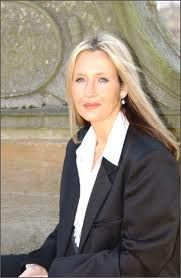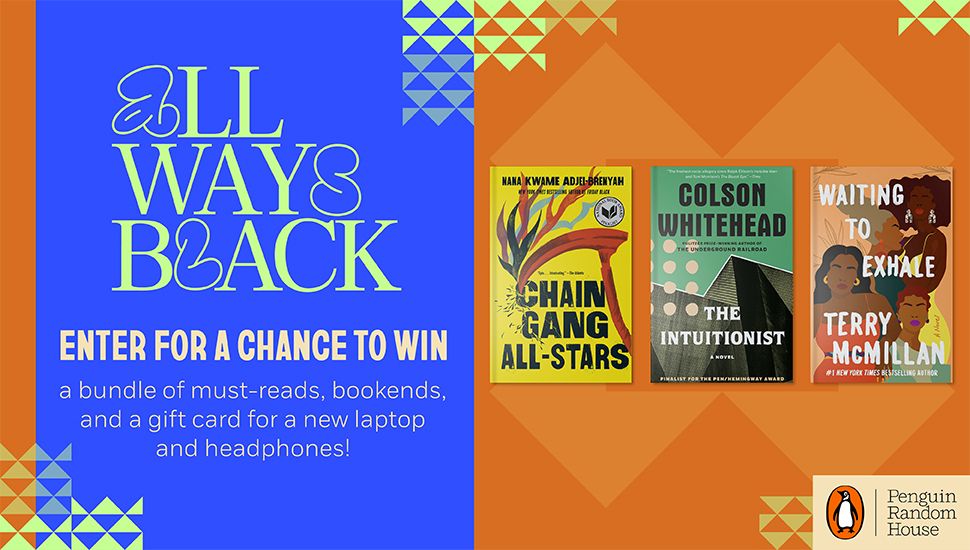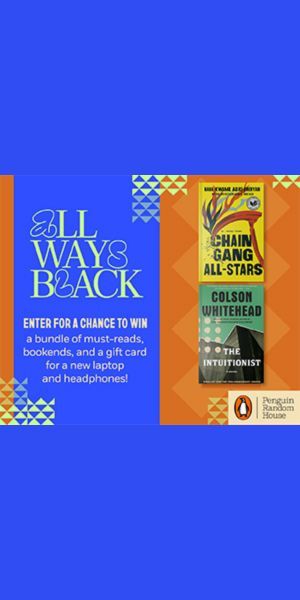J.K. Rowling, Nobel Laureate

Anyone who follows the literature Nobel at all will not be surprised by this; they know that the Nobel is interested in writing that is decidedly literary (and increasingly that is under-appreciated and/or political). This makes sense, as the award is the ultimate arbiter of what literary excellence means.
But what does literary excellence mean? In his will that established the prizes, Alfred Nobel wanted the Literature award to go to “to the person who shall have produced in the field of literature the most outstanding work in an ideal direction.” This phrase is as ambiguous as it is telling; the “ideal direction” of literature is not stated, but the award clearly is intended for authors whose work strives toward some kind of literary ideal.
These days, we know better than to claim any central, unyielding quality that makes a written work literary, but we can get a sense of what literary means to the Nobel committee by looking at some recent commendations. The most recent winner, Swedish poet Tomas Tranströmer, received the award “because, through his condensed, translucent images, he gives us fresh access to reality.” 2009’s laureate, German writer Herta Müller, was cited for her “concentration of poetry and the frankness of prose” that “depicts the landscape of the dispossessed.”
The structure of these two commendations is repeated in most of the recent award descriptions, and shows how the committee imagines the highest achievement of literature–the combination of exemplary craft (concentration of poetry, condensed, translucent images) and important subjects (“the landscape of the dispossessed” and “fresh access to reality”). This formulation feels both reasonable and desirable, as it captures both the aesthetic and topical demands most readers of literature value.
But it is also a limited formulation of what the “ideal direction” of literature might be. There are other ways of thinking about what literature’s goals should be, and the one that jumps to mind for me is reading itself. Reading is an end in itself and therefore writing that inspires people to read does indeed work in “an ideal direction.” And what living author has inspired more people to read and more love of reading than J.K. Rowling?
Put the artistic imperative aside for the moment and consider this: she is the formative writer for millions and millions of children. She doesn’t write great sentences, and it would be hard to argue that the subject matter is hugely important. But the questions, characters, stories, and values in her work have resonated with the world.
And what more can books do than that?
____________________________
Jeff O’Neal is the editor of Book Riot. Follow him on Twitter: @readingape











